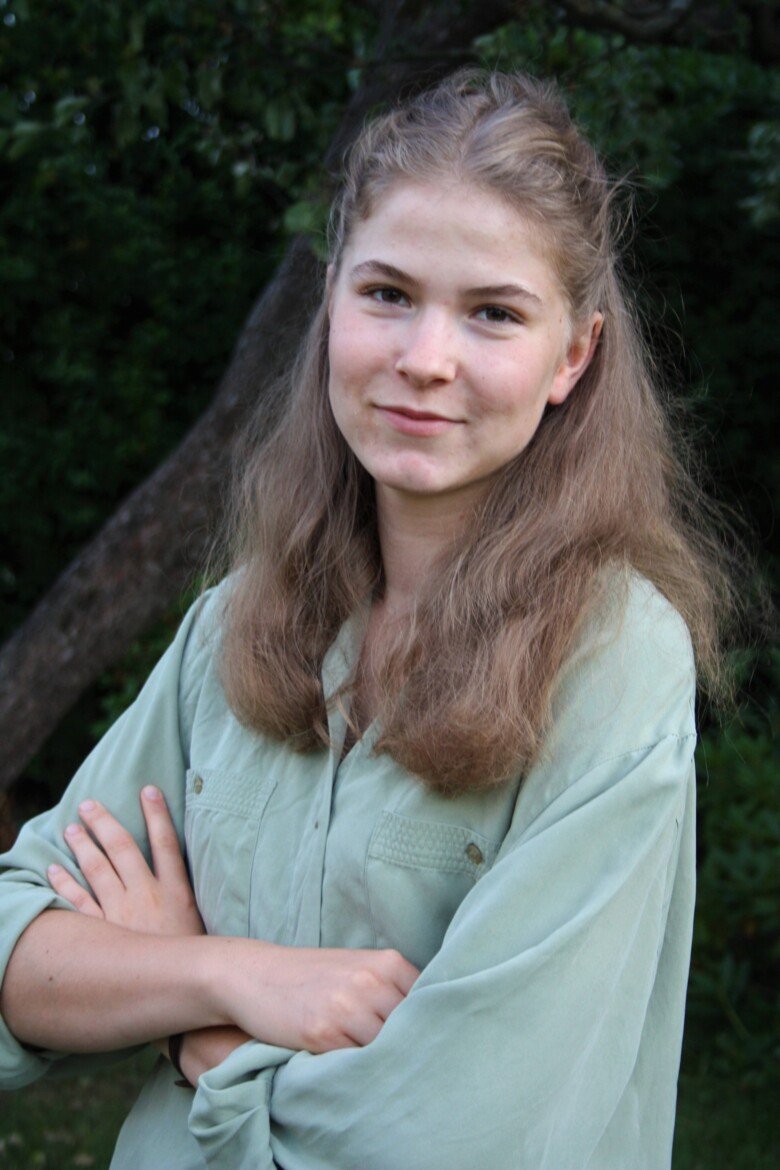Meet our Interns - Thérèse Wellander
Medical Student

Describe yourself and what you do:
My name is Therese and I am a 20 years old medical student at Karolinska Institutet.
Why did you want to do an internship at the Karolinska ALS Clinical Research Group?
I wanted to do an internship at the Karolinska ALS Clinical Research Group because the little I had heard about ALS had fascinated me and I was eager to learn more about this complex disease. Another reason was also to get an insight on how the research world functions and the procedures to get some results on paper.
How long did your internship at the Karolinska ALS Clinical Research Group last?
A month.
Describe your internship project, research questions, documents used (ex : TakeCare, ALS/MND Registry, data-base, etc...).
I worked on different projects during my internship, the first being to update the ALS/MND Registry with Vital Capacity (VC) values from the TakeCare system. The VCs are of much importance since companies use it as an exclusion criterion when selecting patients for clinical trials. I was able to write an abstract on this topic, comparing, inter alia, the amount of data entered in the register and concluding on the number of patients that could have been considered for clinical trials.
I was also involved in other projects for different studies, necessitating the collect of data from TakeCare and their transfer into Excel. These studies were for instance looking at the emotional incontinence experienced by some ALS patients and the various staging of the disease.
What did you learn during your internship at the Karolinska ALS Clinical Research Group?
By working on different projects handling different aspects of ALS, I learnt so much on the disease, everything from the small molecular to a human level, from the upcoming interesting drugs to the subgroups of ALS.
I also gained knowledge from assisting the backstage of research. This includes all the work clinical trials and preclinical studies consist of, how different groups collaborate for a common purpose and how effective communication makes things easier.
What challenges did you face during your internship at the Karolinska ALS Clinical Research Group?
Being new with TakeCare, I had to learn how and where to find the data in the system but eventually this got better.
Are you satisfied with your overall experience at the Karolinska ALS Clinical Research Group? If yes, please share with us what you enjoyed the most during your internship. If not, please share what did not meet your expectations so we can improve ourselves.
I am very satisfied for everything learnt and the wonderful colleagues I met during my internship. They let me work independently, develop my researching skills and supported me to expand my knowledge. Starting from scratch has this month given me a lot.
Please share with us what is the key information or learning experience you will keep from this internship.
In research, even the smallest steps can be important. For instance, my work on the VC will probably not have the biggest impact on ALS care in another part of the world, but here in Sweden, at least in Stockholm, it will hopefully lead to another way of handling the VC data and raise awareness on the importance of the ALS/MND registry, this in turn increasing the possibility for patients to be considered for clinical trials.
Would you recommend the Karolinska ALS Clinical Research Group to a friend or colleague?
Absolutely, for every person wanting to work with a fantastic team on a topic as interesting as ALS.
